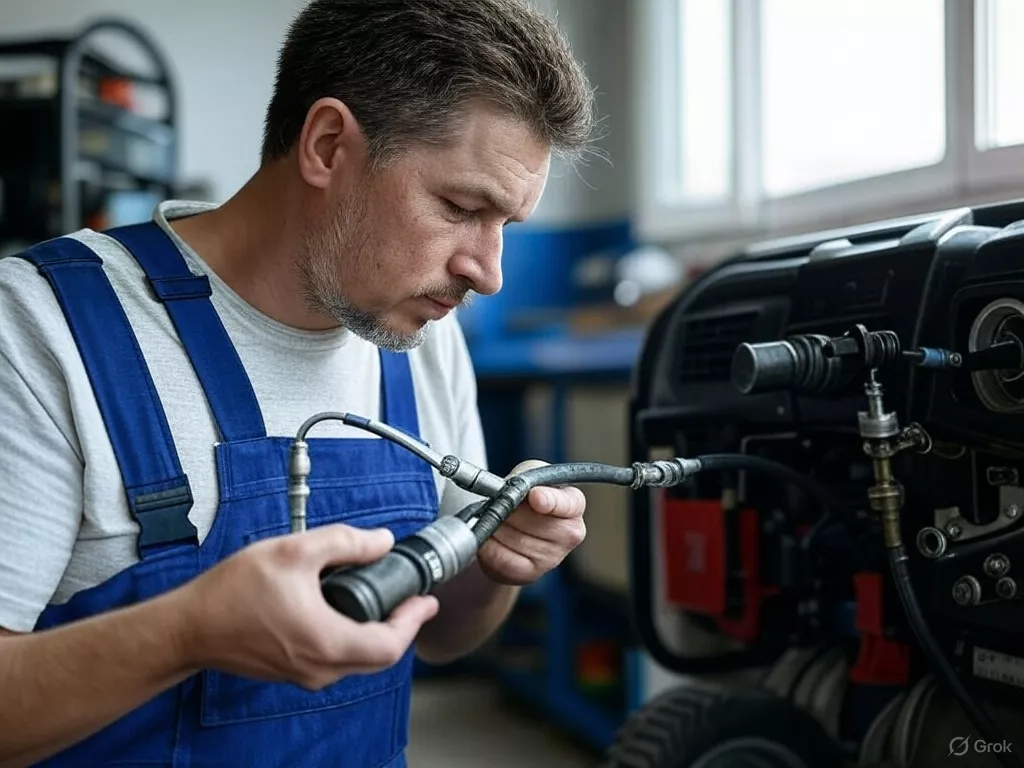
Diesel generators are crucial for providing backup power in various settings, from residential to industrial applications. Regular maintenance is essential to ensure optimal performance and longevity of these machines. This guide outlines key aspects of diesel generator maintenance to help you keep your generator running smoothly.
1. Understanding Your Diesel Generator
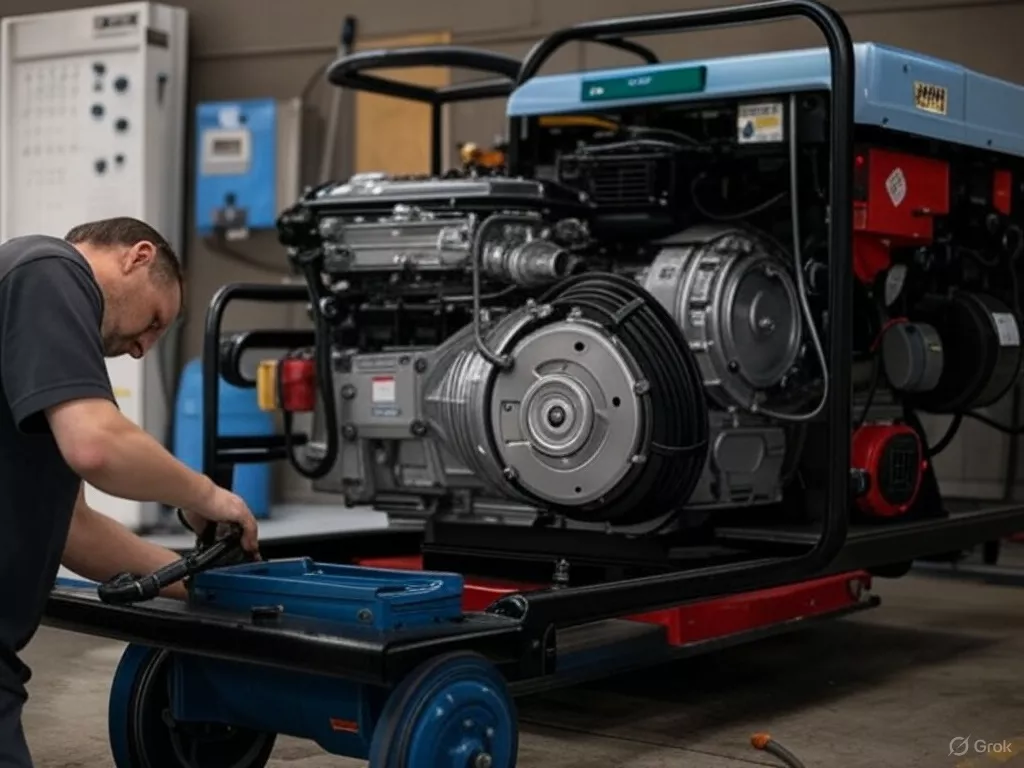
Before diving into maintenance, it’s essential to understand the components of your diesel generator. Key components include the engine, alternator, fuel system, cooling system, and electrical components. Familiarity with these parts will aid in troubleshooting and maintenance.
2. Regular Inspection and Monitoring
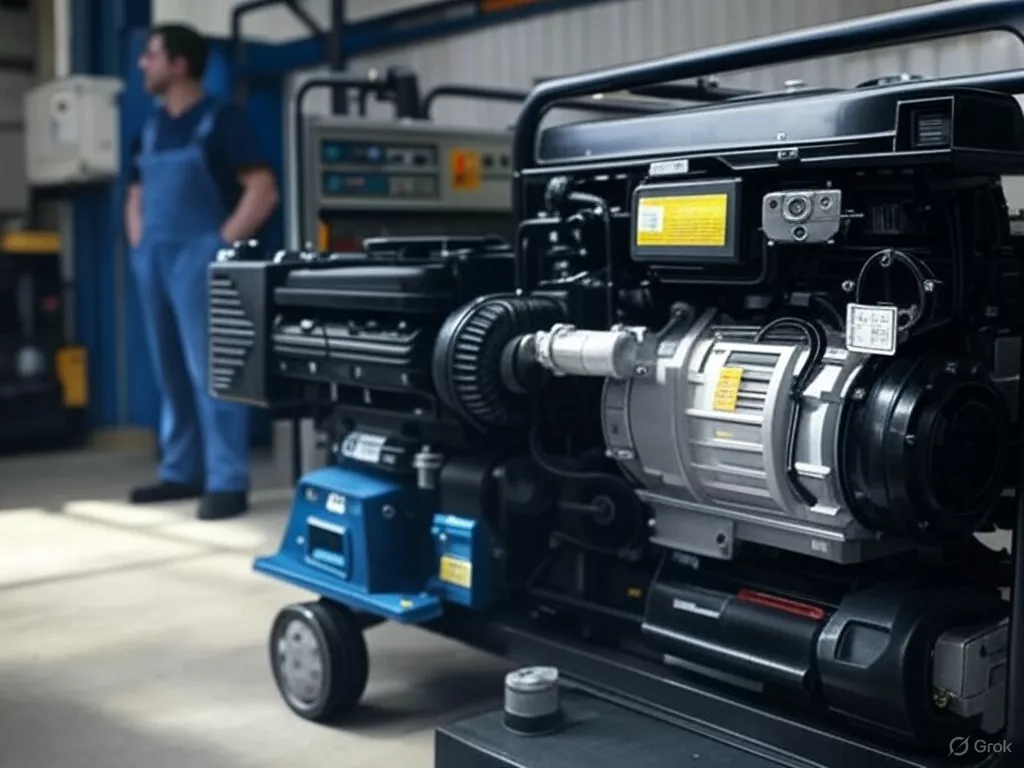
Conducting regular inspections is vital for identifying potential issues before they escalate. Check the following:
- Fluid levels (fuel, oil, coolant)
- Battery condition and charge
- Filters (fuel, oil, air)
- Belts and hoses for wear and tear
- Exhaust system for leaks
3. Oil and Filter Changes
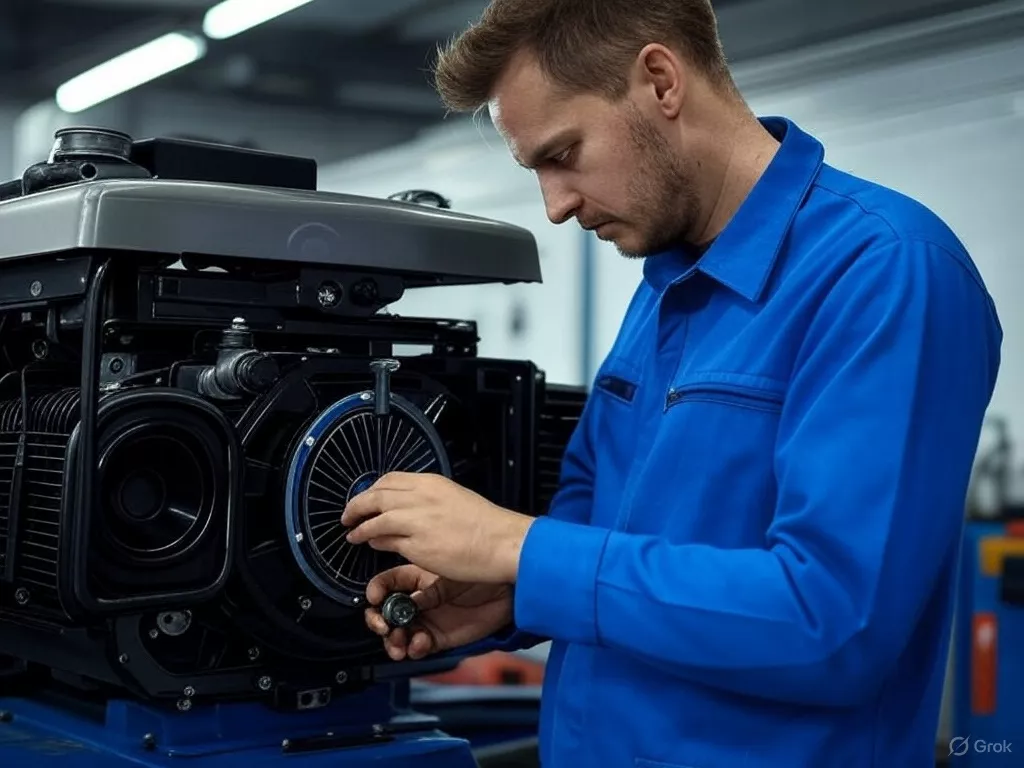
Oil lubricates the engine components and helps dissipate heat. Over time, oil degrades and can lead to engine wear. Follow these steps for oil maintenance:
- Change the oil as recommended by the manufacturer, typically every 250 to 500 hours of operation.
- Replace the oil filter with every oil change to prevent contaminants from entering the engine.
4. Fuel System Maintenance
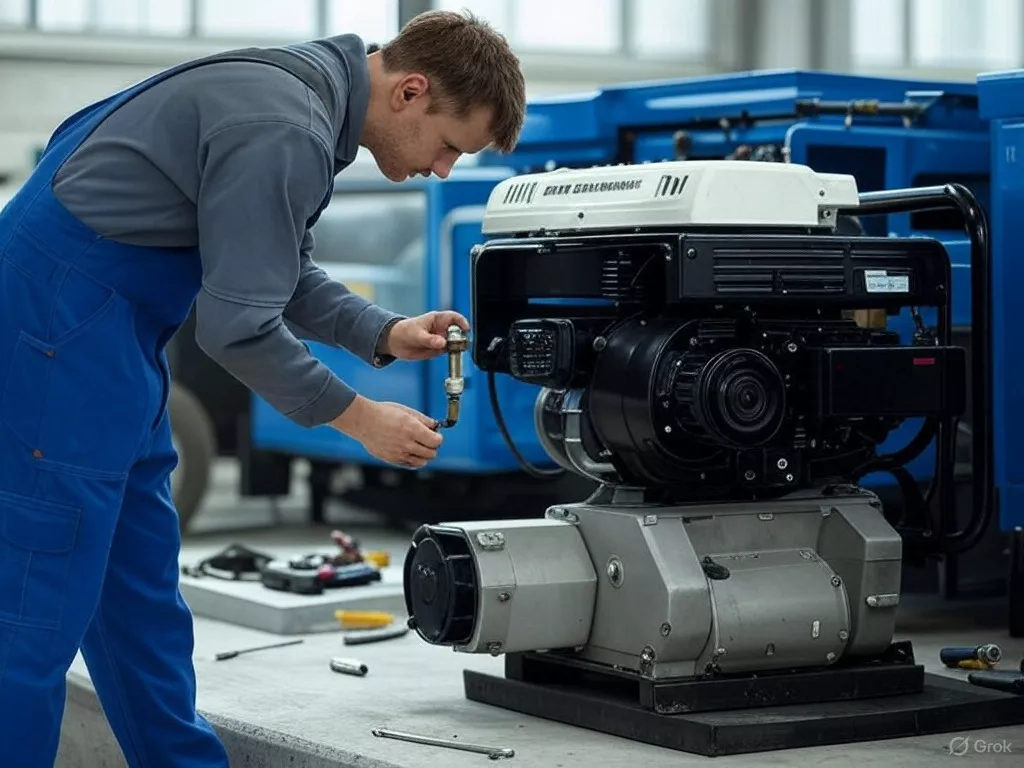
The fuel system is critical for the performance of diesel generators. Regular maintenance includes:
- Checking fuel filters and replacing them as needed to ensure clean fuel supply.
- Inspecting fuel lines for leaks or cracks.
- Using fuel additives to prevent microbial growth and maintain fuel quality.
5. Cooling System Maintenance
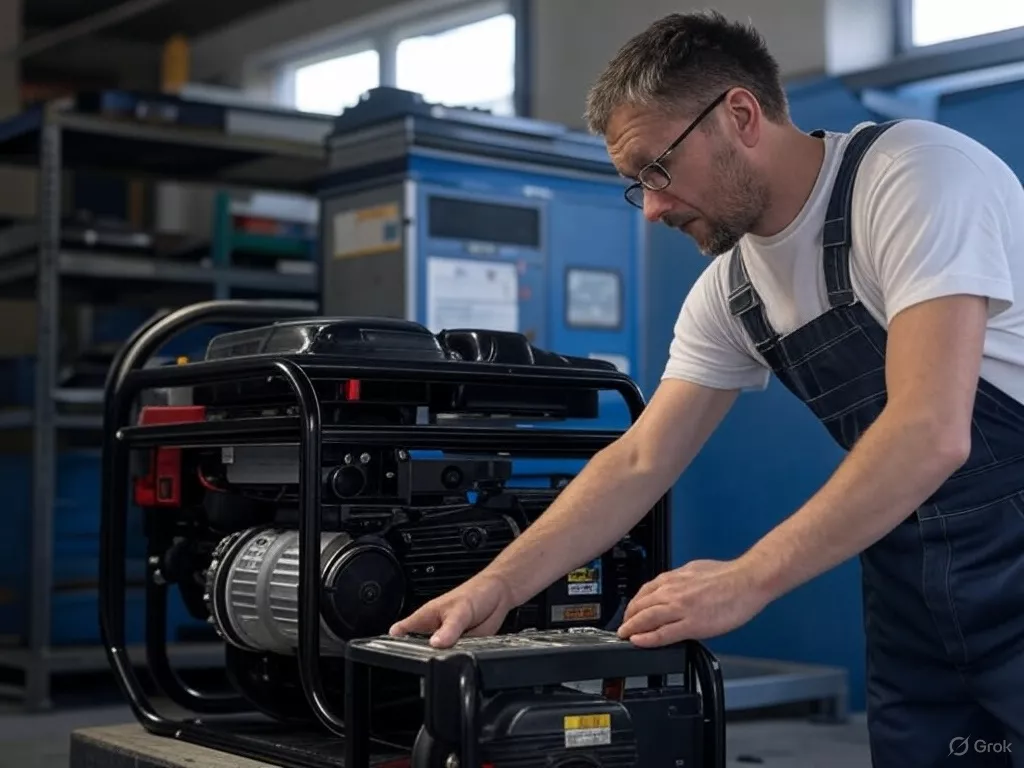
A well-functioning cooling system prevents overheating, which can damage the engine. Maintenance steps include:
- Checking coolant levels and topping up when necessary.
- Flushing the cooling system periodically to remove debris and deposits.
- Inspecting hoses and clamps for leaks or deterioration.
6. Battery Maintenance
The battery provides the necessary power to start the generator. To maintain the battery:
- Check the battery charge regularly and keep it fully charged.
- Inspect battery terminals for corrosion and clean them as needed.
- Replace the battery as per the manufacturer’s recommendations.
7. Load Testing
Conducting load tests helps ensure that the generator can handle the required load. Perform load testing every six months to a year, depending on usage. This process involves:
- Running the generator under load to assess performance.
- Monitoring voltage and frequency output to ensure it remains within acceptable limits.
8. Cleaning and Debris Removal
Keeping the generator clean is essential for optimal operation:
- Clear any debris, dirt, or obstructions from around the generator.
- Clean the exterior and ensure ventilation is unobstructed to prevent overheating.
9. Professional Servicing
While regular maintenance can be performed by the owner, it’s advisable to schedule professional servicing at least once a year. Professionals can conduct detailed inspections and maintenance that may be beyond the capabilities of the average owner.
10. Documentation and Record Keeping
Maintain a log of all maintenance activities, including dates, tasks performed, and any issues encountered. Documentation helps track the generator's condition and assists with future repairs or servicing.
Conclusion
Proper maintenance of diesel generators is crucial to their performance and longevity. By following the guidelines outlined in this guide, you can ensure that your generator remains in optimal working condition, ready to provide reliable power when you need it most.